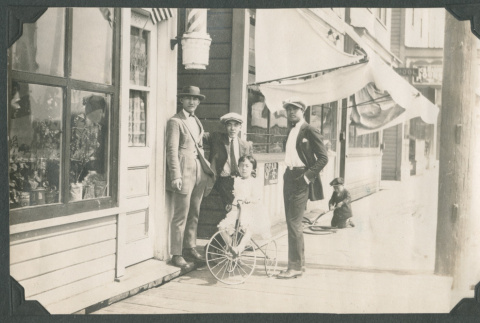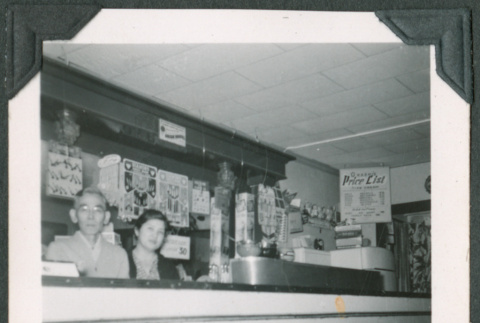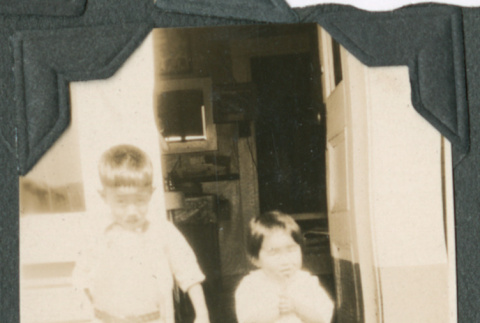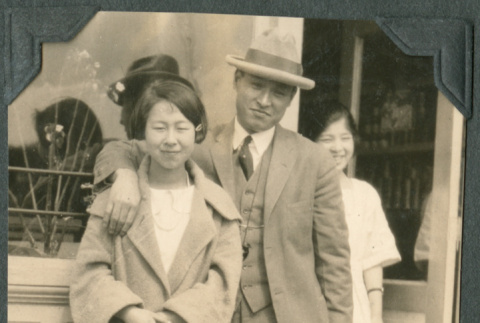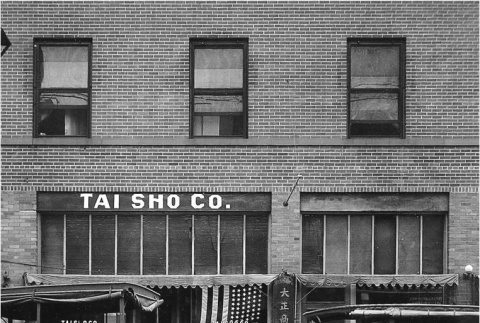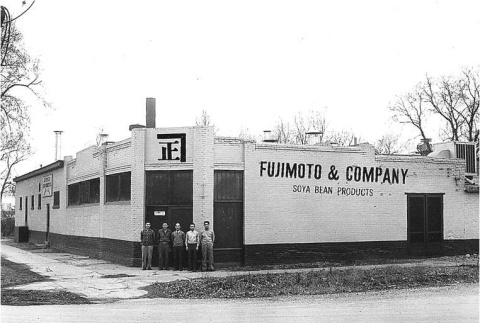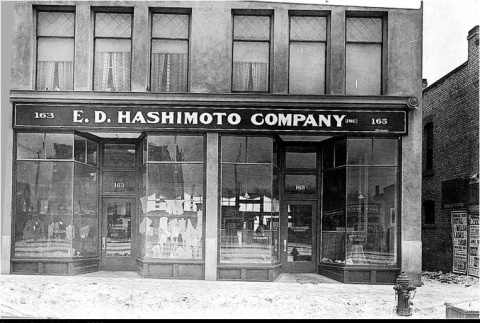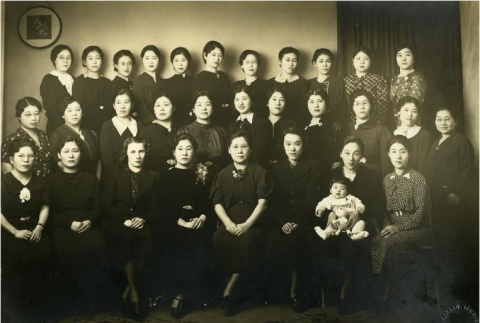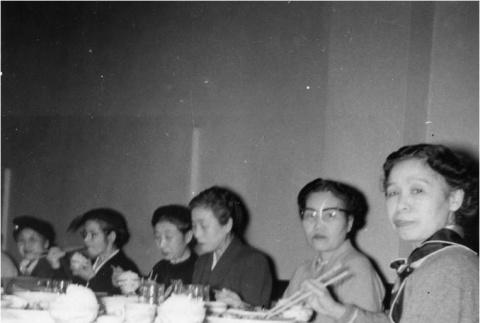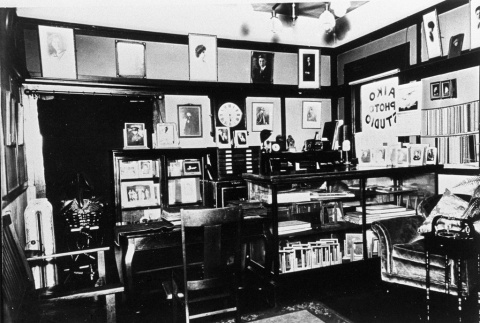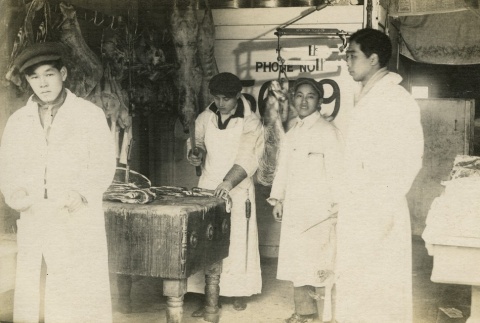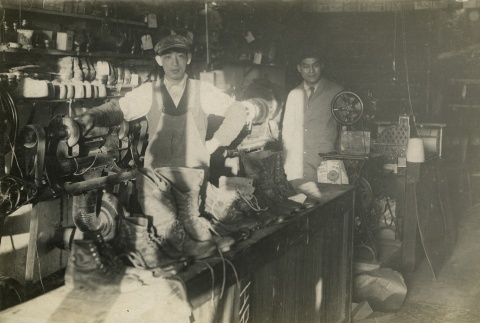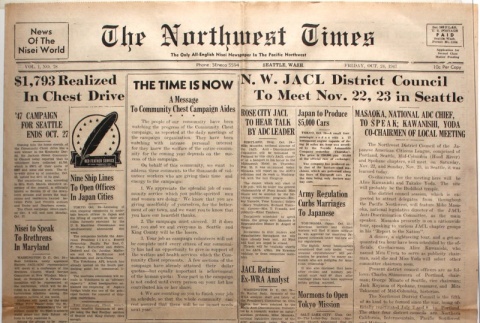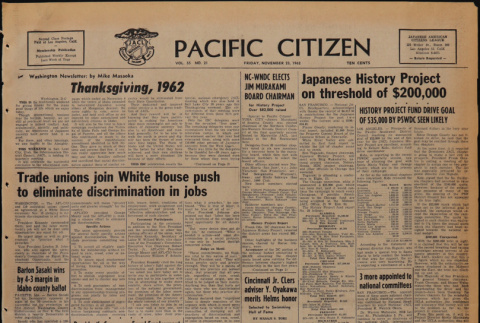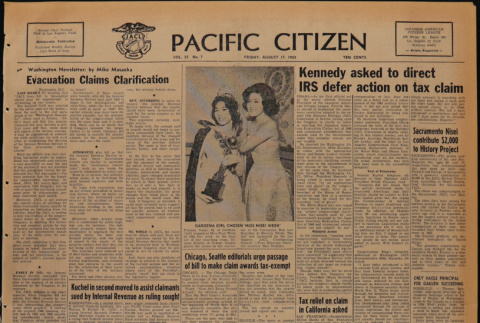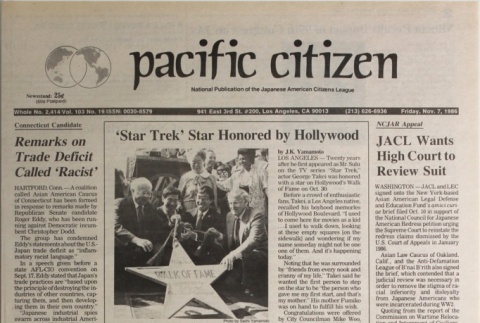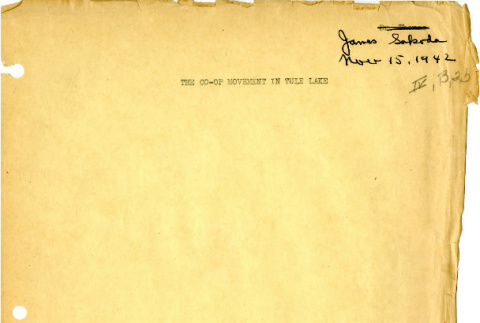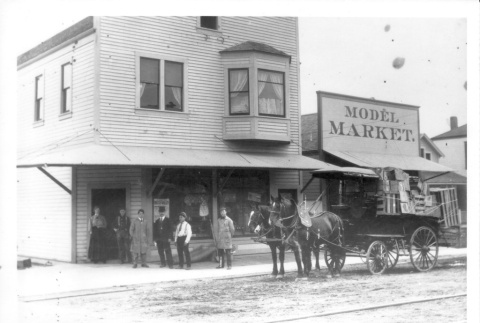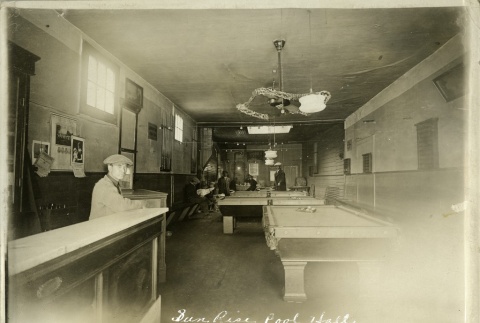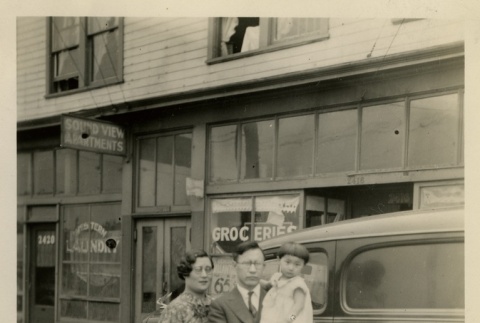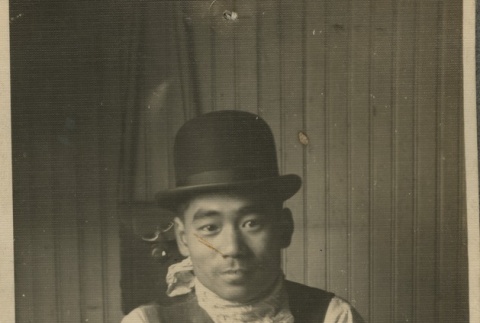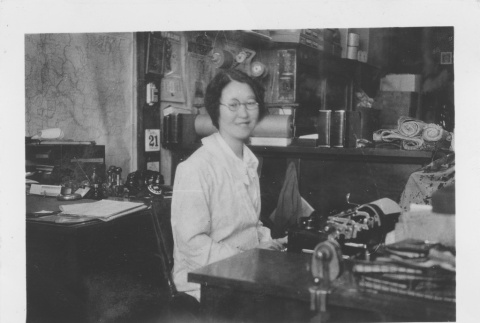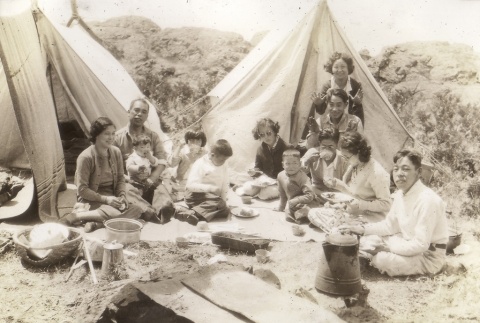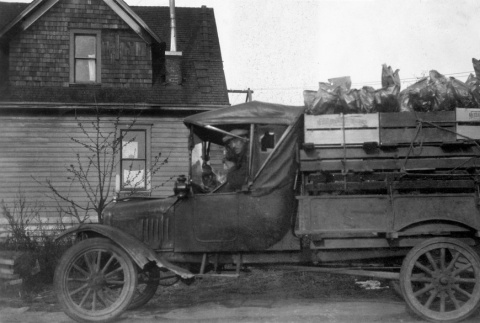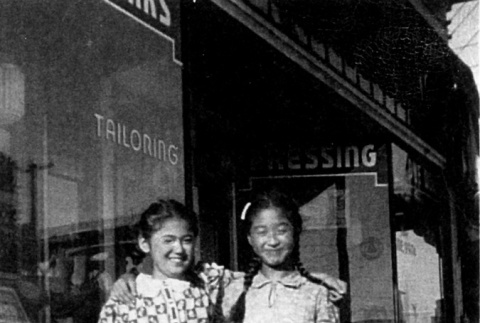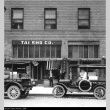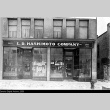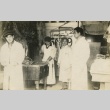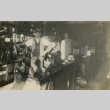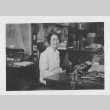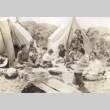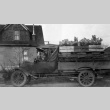Small business
Japanese American businesses, such as groceries, fish shops, laundries, barbershops, public bathhouses, restaurants, drugstores, and dry goods stores, sprang up in communities along the West Coast. Women and children were vitally important to these "mom and pop" enterprises, as their free labor allowed the family to survive and even prosper during lean times.
Industry and employment
(481)
Small business
(391)
391 items
391 items
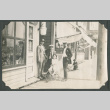
img
Group of four outside Ohashi family store (ddr-densho-442-77)
Photograph of four people outside the Ohashi store. From left to right: unidentified, Wakaichi "Buck" Ohashi, Tomo Ruth Ohashi, and Charlie Tatsuda.
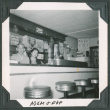
img
Wakaichi and Komatsu (Saito) Ohashi (ddr-densho-442-156)
Photograph of Wakaichi "Buck" Ohashi (left) and Komatsu (Saito) Ohashi (right) standing behind the counter of their store. Written along the bottom is "Mom & Pop" in black ink.
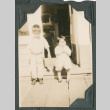
img
Robert and Neil Ohashi (ddr-densho-442-165)
Photograph of Robert "Bob" Teruo Ohashi (left) and Neil Jiro Ohashi (right) standing outside a doorway.
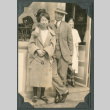
img
Mary (Ohashi) Yamato and Komatsu (Saito) Ohashi (ddr-densho-442-212)
Photograph of Mary Haruko (Ohashi) Yamato standing outside the Ohashi family store with an unidentified man holding a camera. In the background standing in the doorway is Komatsu (Saito) Ohashi. Same as ddr-densho-442-85.
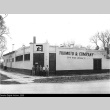
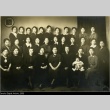
img
Seattle Glove Company employees (ddr-densho-166-7)
Masaye is second from the left, top row. Mrs. Davis, the owner's wife, is third from the left, front row.
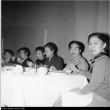
img
Seattle Glove Company employee party (ddr-densho-166-5)
Masaye Mayeno, third from right, and her good friend, Mrs. Sakai, is on the far right.
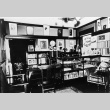
img
Aiko Studio (ddr-densho-20-11)
Aiko Studio, located in Seattle's Nihonmachi area, was one of several photography studios that catered to the Japanese American community before World War II.
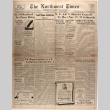
doc
The Northwest Times Vol. 1 No. 78 (October 24, 1947) (ddr-densho-229-65)
"N.W. JACL District Council to Meet Nov. 22, 23 in Seattle" (p. 1) "Nisei Funeral Director Opens Offices on Jackson Street" (p. 4).
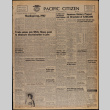
doc
Pacific Citizen, Vol. 55, No. 21 (November 23, 1962) (ddr-pc-34-47)
Selected article titles: "Trade Unions Join White House Push to Eliminate Discrimination in Jobs" (p.1-2), "President's Comm. On Equal Employment Opportunity Reviews 19-Month Operation" (p.1), "Japanese History Project on Threshold of $200,000" (p.1), "Small Business Adm. Charters First Nisei Corporation for Operation in Southland" (p.3).
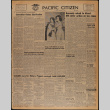
doc
Pacific Citizen, Vol. 55, No. 7 (August 17, 1962) (ddr-pc-34-33)
Selected article titles: "Evacuation Claims Clarification" (p.1), "Kennedy Asked to Direct IRS Defer Action on Tax Claim" (p.1), "Religious Freedom for U.S. Buddhists" (p.2), "Nisei Rebuffed 20 Years Ago by Bakers Union Voted Head of Retail Bakers Group" (p.4).
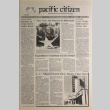
doc
Pacific Citizen, Vol. 103, No. 19 (November 7, 1986) (ddr-pc-58-44)
Edition contains Mail Order Supplement, A-D, between pages 4 and 5. Selected article titles: "'Star Trek' Star Honored by Hollywood" (pp. 1, 8), "L.A.'s Nikkei-Oriented Movie Theater Closes Doors" (pp. 1, 5), "Mineta Recalls Impact of 99th Congress on JAs" (p. 2), and "Take Risks, Help Others, Matsui Tells Students" (pp. 6-7).
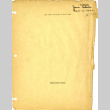
doc
Co-op movement in Tule Lake (ddr-csujad-26-6)
Chronological report of the organization and initial leadership of the co-op movement at Tule Lake as decided by the War Relocation Authority (WRA). Includes details of the process, advisory council meetings, incarceree participation, and establishment proceedings. Report compiled as a portion of the Japanese American Evacuation and Resettlement Study (JERS). See this object in the California …
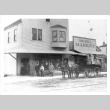
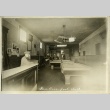
img
Sun Rise Pool Hall (ddr-densho-113-10)
This pool hall was owned and managed by Masato Uyeda (left). Masato immigrated to the US in 1912 and worked in the coal mines and on the railroad before opening this pool hall.
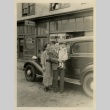
img
Business owner with family (ddr-densho-113-51)
This man, posing with his family in front of their car, owned the Home Brew Supply Store in Seattle. (L to R): Ayako Uyeda, Masato Uyeda, Fumiko Uyeda.
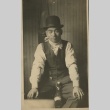
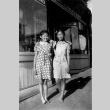
img
Two Nisei girls in front of dye works (ddr-densho-135-2)
Approximately 15 Japanese American families in North Seattle operated dye works businesses before World War II. These two girls are standing in front of the Royal Dye Works, located at 716 North 34th Street in the Fremont neighborhood. (L to R): Esther Hiyama, Marian Tamura.
